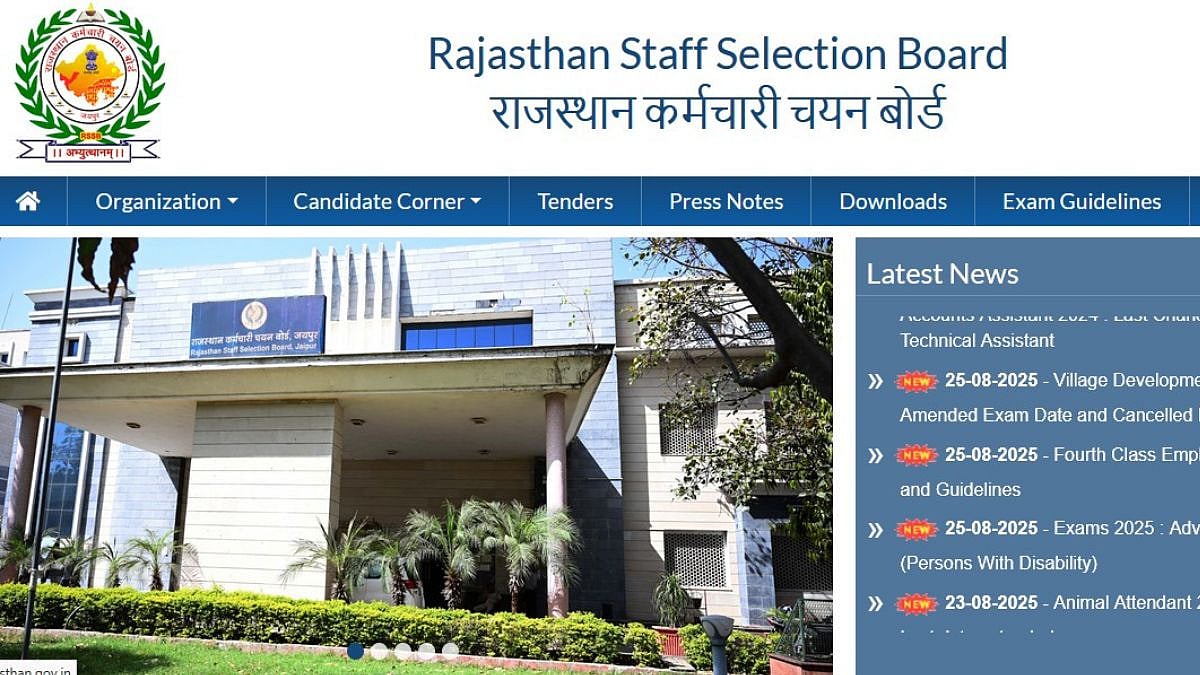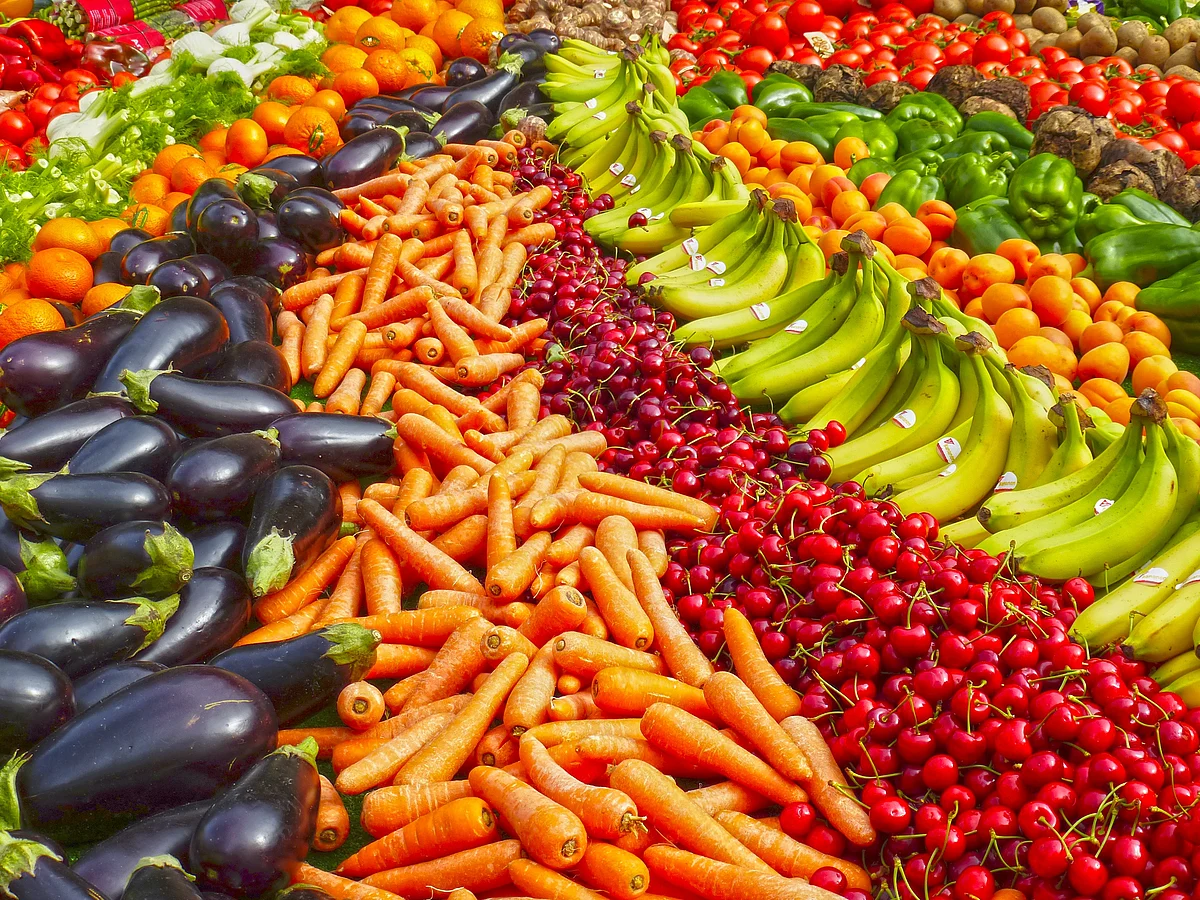Empowerment of the farmer can take place only if there is price discovery, so that the farmer knows at what price to sell his produce. Conventionally, the farmer sold his produce to a middleman, who was also a sort of financial adviser to the farming community. But this middleman often paid the farmer low prices, while selling them to the market at high prices. He pocketed the gains, and often shared them with others who were part of this system which exploited farmers.
But price discovery cannot take place when the farmer cannot sell his produce to an aggregator, who then keep it in warehouses, till the volumes are large enough to be sold on commodity exchanges. When procurement is fair, collection and aggregation is good, warehousing is easily accessible, it is only then that price discovery is also fair. Else the farmer gets little. The consumer pays a lot. The only beneficiary is the middleman and his community.
That is why the upcoming session on ‘The Role of Commodity Markets’ jointly organised by FPJ and SIES and supported by NSE, East West Seed and NCDEX (National Commodity & Derivatives Exchange) is important. It will discuss the strategic significance of stronger FPOs/ aggregators, commodity exchanges, and warehousing among others. The session, which is part of the ‘Future of Agriculture’ series, will take place on August 20 at 3 pm.
Click here to register
The panellists this week will be Kapil Dev, Head, Products and Business Development, NCDEX and Omveer Singh, MD, NDDB. The webinar will be moderated by RN Bhaskar , Consulting Editor, Free Press Journal.
According to Small Farmers Agribusiness Consortium (SFAC) data, as of June 30, 2020, there are about 910 registered FPOs in the country. These FPOs consist of about 8.62 lakh farmers, whereas India is home to millions of farmers. While some FPOs have done well for themselves, there are some FPOs that have become unsuccessful.
There are some smart successful FPOs that understand the importance of various financial products or other means to reduce risk and improve margins for its stakeholders. This approach is important for the survival of FPO.
According to NCDEX data, around 260 FPOs have opened accounts with it which collectively account for around 5.26 lakh farmers. However, from these registered FPOs, only 99 FPOs have traded on the platform. This shows there are more opportunities for the exchange. Moreover, trading in an exchange most of the time offers better price realisation.
One of the most-traded products in NCDEX is soybean, followed by maize among others. Despite minimum support price (MSP), the platform is utilised to trade wheat as well. Thus, it shows that the FPOs are looking for better margins. Some day or the other, MSP will have to be replaced with market forces which will help the ecosystem operate smoothly.
At present, the exchange is not just involved in educating the farmer but the government to come on their platform hedge. It is vital for farmers/FPOs to understand financial products which will help them.












